
You’ve set up a side hustle – now what?
|
|
Are you making a few sales every week from a side hustle? Whether it’s your sole income or an additional business alongside your main self-employed business or employment, here’s what you need to know about tax.
👉 This blog focuses on the tax side of things; for other support, visit Julie Begbie’s Happy Side Hustle website.
Are these questions running round your brain?
❓ Oh no! Should I have registered my side hustle with HMRC?
❓ Feck! Do I have to pay tax?
❓ OMG! How much?
❓ Eek! When does this need to be paid?
Take a deep breath and relax. Here’s what you need to know today, alongside resources to help you find out more…
You don’t need to do anything until your sales exceed £1,000
If your total sales from all your businesses are under £1,000 in any given tax year, you don’t need to register for self-assessment.
When is the tax year?
The tax year runs from the 6th April to 5th April every year.
If your sales exceed £1,000…
If your total sales from all your businesses exceed £1,000 in any given tax year, you must register for self-assessment at HMRC’s website.
When do I have to pay the tax?
Any tax due must be paid by 31st January after the end of the tax year, so you have almost nine months to pay.
👉 Example: If you set up a side hustle in the summer of 2024, without having any other businesses, and your sales exceed £1,000 between then and 5th April 2025, any tax due will have to be paid by 31st January 2026.
How much tax do I have to pay?
This varies depending on any other income you may have (for instance, salary, wages, rental income). You also have a tax-free allowance every year. For 2024-25 this is £12,570. This means you can earn up to £12,570 without paying income tax. (If you’re reading this in a later tax year, check the HMRC website for updates.)
Tax rates differ slightly between Scotland and the rest of the UK so, for simplicity, expect to pay 20% on your profits – and start saving today. If it turns out you don’t need to pay any income tax, you can buy yourself a little extra treat with the savings you put aside🥂🎁👗👔.
What are my profits?
Profits are what’s left from your sales after you have deducted your expenses.
What expenses can I claim?
You can claim for:
✅ Direct materials
✅ Marketing costs
✅ Training courses directly related to your side hustle
✅ Happy Side Hustle’s membership fees
✅ Accountancy fees
✅ Books on marketing/running a business or anything relating to your side hustle
– plus a few other costs.
For more detailed information, read or listen to the online course What expenses can I claim as a sole trader? This course is free to Financial Resilience Hub members😊. Non-members can currently buy the course for £49.99 (look out for future special offers and discounts, though😉).
What else do I need to pay HMRC?
If your combined profits from all your businesses are more than £12,570 a year, you’ll need to pay Class 4 National Insurance contributions. For the tax year 2024-25, you’d pay:
- 6% on profits between £12,570 and £50,270
- 2% on profits over £50,270
(If you’re reading this in a later tax year, check the HMRC’s website for the latest information.)
Now you have everything under control…
…you can stop panicking🙂.
One last VERY IMPORTANT tip!
Above all, NEVER develop a hang-up about paying tax. Paying tax is good:
✅ It means you’re making things people want.
✅ It means you have the start of a business.
✅ It means you’re one step closer to financial freedom.
I go into this in more detail in The Magical Mix of Money & Tax but, for now, trust me when I say paying tax is a sign of success!🏆
Summary
👉 The tax year runs from 6th April to 5th April.
👉 You must register with HMRC if your sales exceed £1,000.
👉 Assuming you have other income totalling over £12,570, you’ll pay around 20% income tax on your profits.
👉 If your profits exceed £12,570, you’ll pay a further 9% Class 4 National Insurance tax on anything over that amount.
👉 Tax and National Insurance must be paid by 31st January following the end of the tax year.
Helpful resources
👉 Read or listen to the blog post Selling online – when do you need to tell HMRC?
👉 Visit Julie Begbie’s Happy Side Hustle website
👉 Read or listen to the online course What expenses can I claim as a sole trader? (free to Financial Resilience Hub members; £49.99 for non-members (look out for future special offers and discounts, though😉).
👉 Buy The Magical Mix of Money & Tax (get it on your Kindle for £3.99).
📢❕ The information in this blog post was correct at the time of writing. Please check with your accountant for the latest information or, if you don’t have an accountant, join the Financial Resilience Hub to get access to one of ours! Alternatively, keep an eye on HMRC’s website for updates.
ABOUT THE AUTHOR

Helen Monaghan is a Chartered Management Accountant, accredited NLP Practitioner & Finance Coach. Both a psychology graduate and an accountancy graduate, she has authored three business books, which beautifully bring together psychology, finance, and tax to empower the reader about money. Helen is the CEO of HM Finance Coaching & Advisory Ltd, a company that provides financial education and business mindset coaching to small businesses across the UK, in addition to accountancy services for limited companies in Scotland and across the UK. Helen is also the founder of The Financial Resilience Hub – find out how we can support you, and your business, to be financially resilient through our monthly membership.
© Helen Monaghan
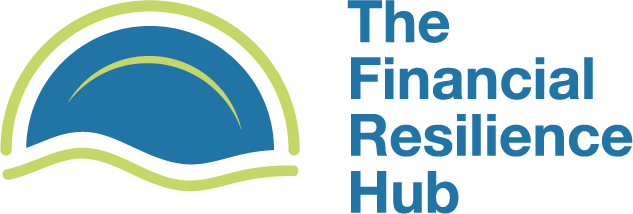
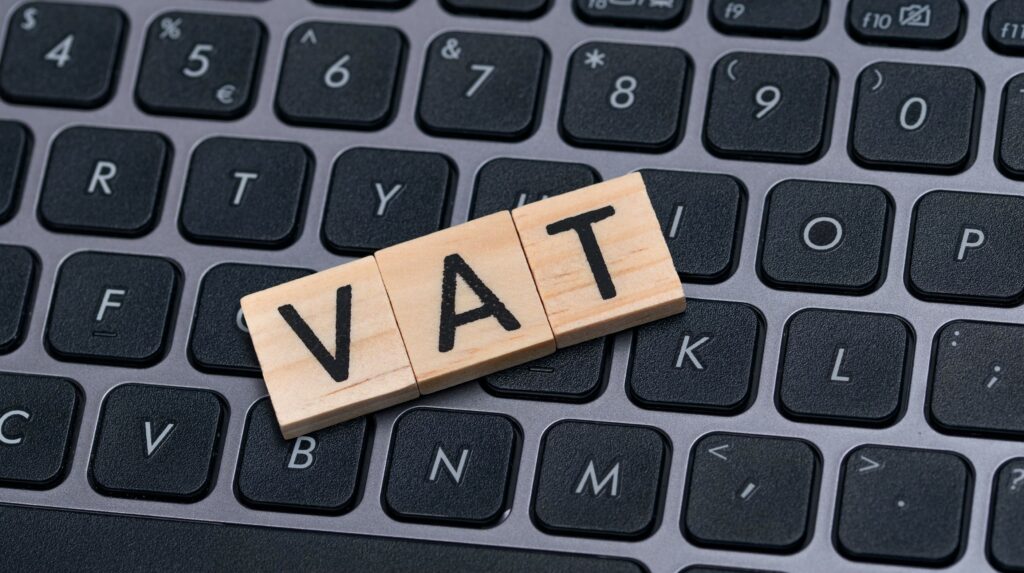
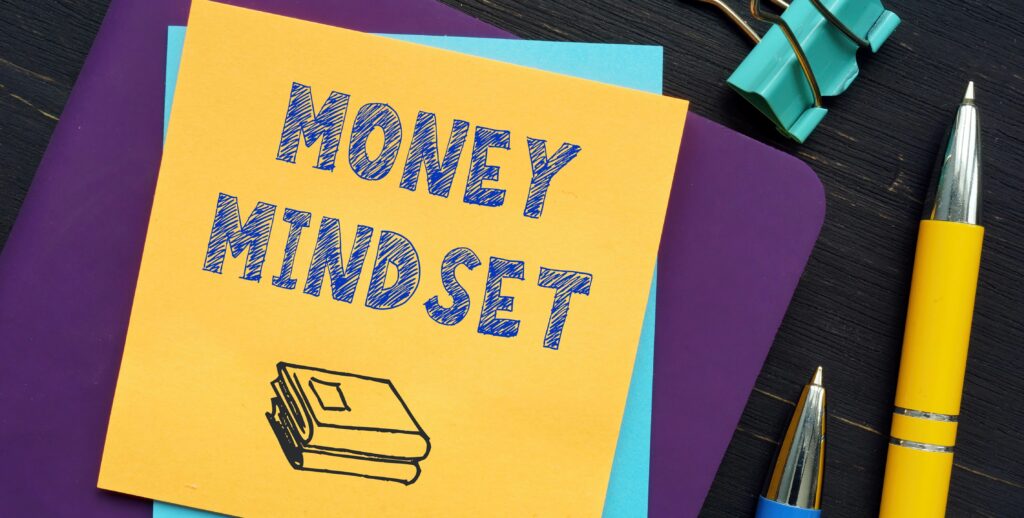

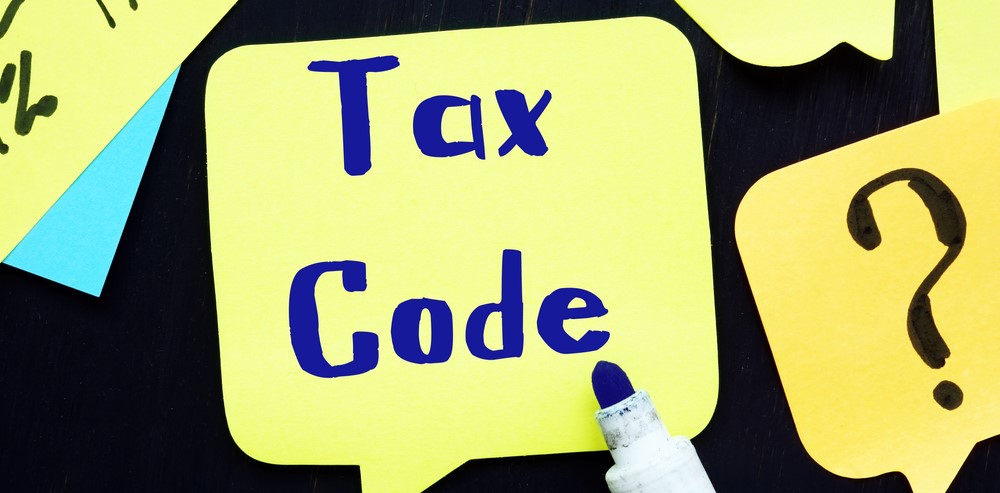
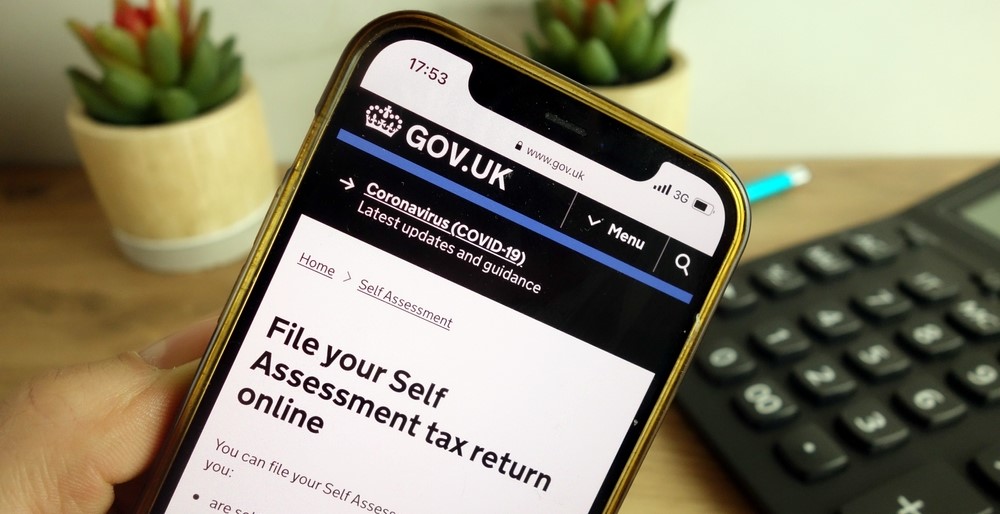

Responses